Synopsis
A leading retail organisation, part of a British conglomerate in Asia and headquartered in Hong Kong, wanted to make Diversity & Inclusion (D&I) a strategic priority. Over nine months, the executive committee created a multi-year agenda anchored on five themes — Leadership & Representation, Development, Policies & Practices, Culture, and Social Impact. The initiative improved representation, enabled women’s growth, and positioned the company as a leader on inclusion.
Introduction
With household brands like 7-Eleven across Hong Kong, China, and Singapore, the organisation had scale and visibility. Yet representation in leadership roles lagged, women lacked structured support, and inclusion efforts were fragmented.
The executive committee sought a structured, intentional roadmap to strengthen culture, support talent, and build credibility as an inclusive employer.
The Challenge
Despite commitment, progress on D&I was uneven. Women remained underrepresented in leadership roles, policies differed across markets, and employees reported a limited sense of belonging. Leadership support existed but often lacked visibility, slowing momentum.
Key gaps included:
- Low representation of women in leadership
- Fragmented policies across regions
- Leadership sponsorship not translating into visible action
Without a structured agenda, diversity risked being seen as symbolic rather than strategic.
The Solution
Over nine months, the project team built a multi-year agenda across five themes:
- Leadership & Representation Matter: Diversify decision-making roles
- Development Matters: Create programmes for women’s career growth
- Policies & Practices Matter: Embed inclusive practices across HR systems
- Culture Matters: Build belonging through daily behaviours
- Social Impact Matters: Extend commitment to the wider community
The strategy was shaped by listening tools, focus groups, and representation data. Each theme was supported by action plans, budgets, and leadership sponsorship.
The Results
The outcomes were significant. Women accessed new development pathways and mentoring. Employees reported stronger belonging and greater trust in leadership. Leaders gained credibility by backing initiatives with resources.
Internally, inclusion became structured rather than symbolic. Externally, the organisation strengthened its employer brand, signalling its commitment to leading the industry on D&I.
Why It Matters
This case shows that D&I only creates impact when it is intentional. By moving from isolated gestures to a structured agenda, the organisation turned diversity into a source of cultural strength and competitive advantage. For large businesses, the message is clear: when leadership backs inclusion with action and accountability, employees feel supported, culture shifts, and credibility grows.



